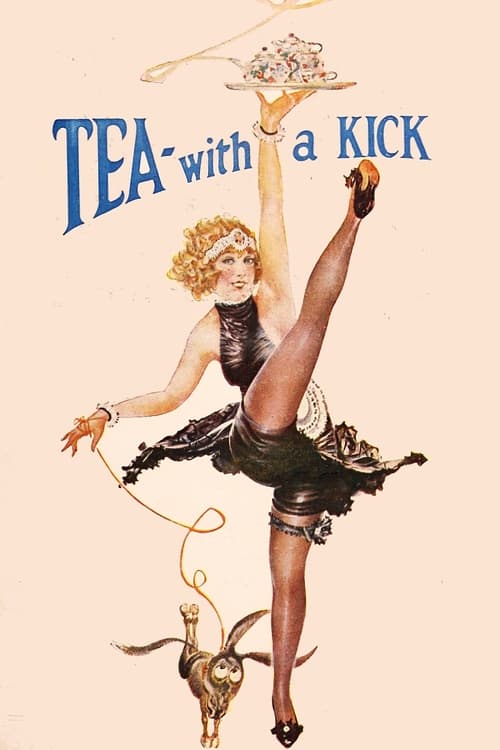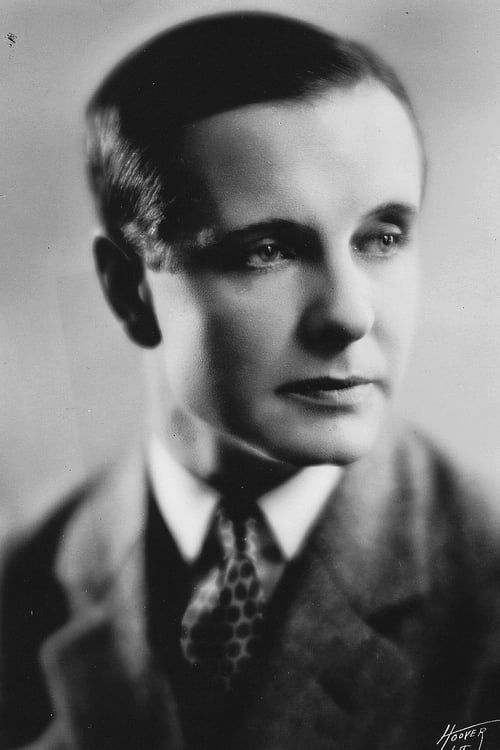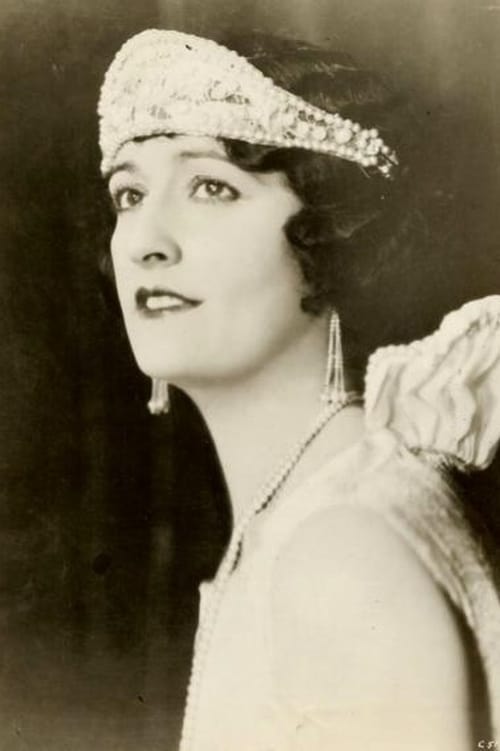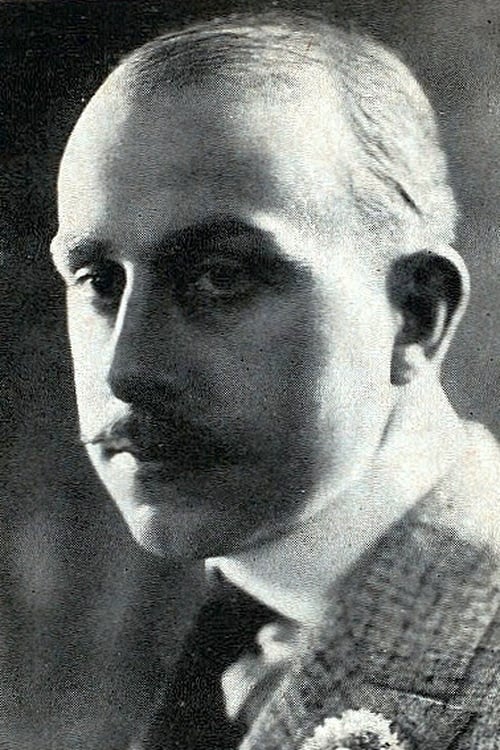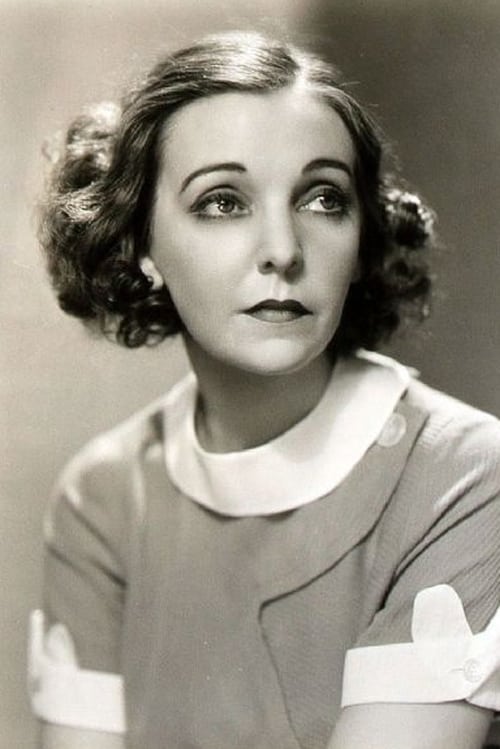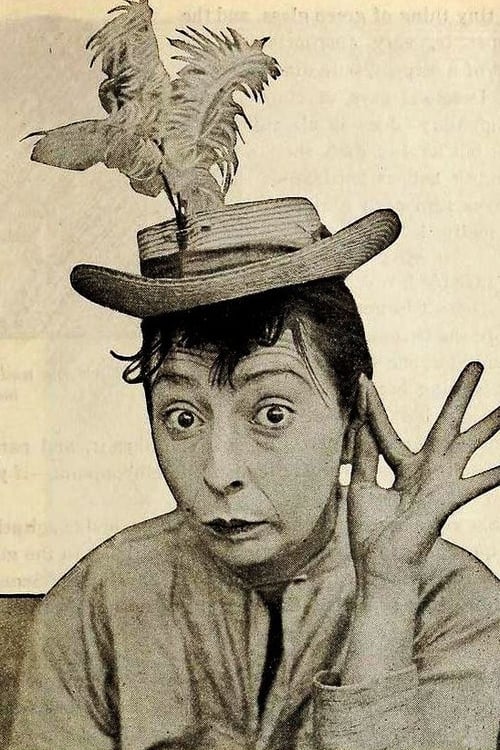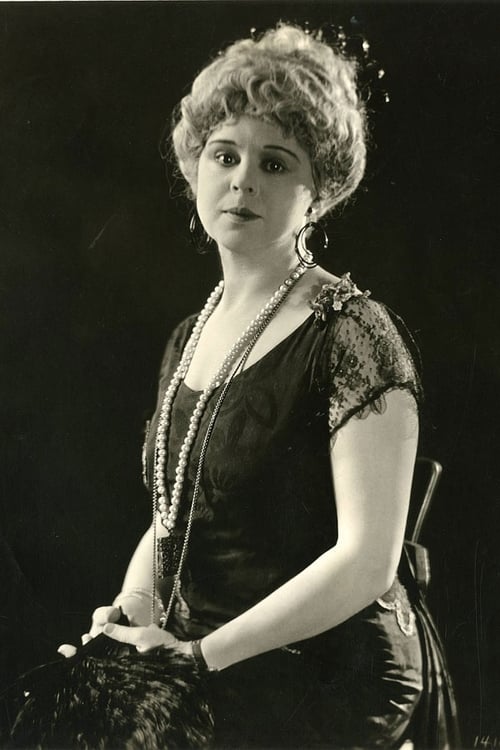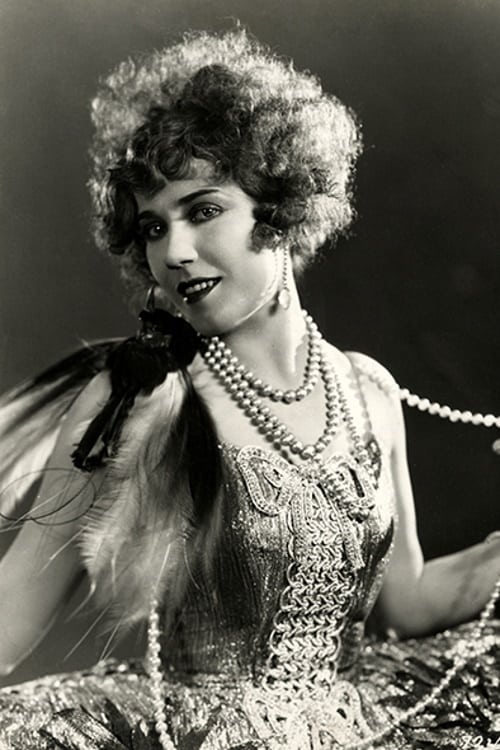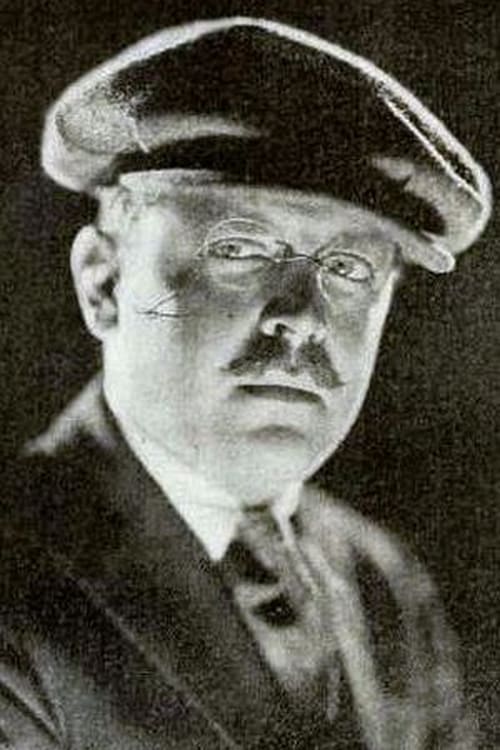Tea- With a Kick! (1923)
27 Stars in a Gurgling Giggling Gulp of Glee, with Pretty Girls, Peppy Scenes and Gorgeous Revues
Genre : Comedy
Runtime : 1H 0M
Director : Erle C. Kenton
Synopsis
The tale of Bonnie Day, a rambunctious young lady who is rankled when she is expelled from college for serving tea in her room. She goes on to open up a tearoom in a fancy hotel, saving all the profits to pay the legal fees for her father who has been unjustly jailed. Mr. Day's rival has embroiled him in a crooked stock deal and made him appear to be the guilty party. Meanwhile, Bonnie is in the midst of a romantic dilemma; her Aunt Pearl wants her to wed Napoleon Dobbings, but Bonnie much prefers helpful young lawyer Art Binger.
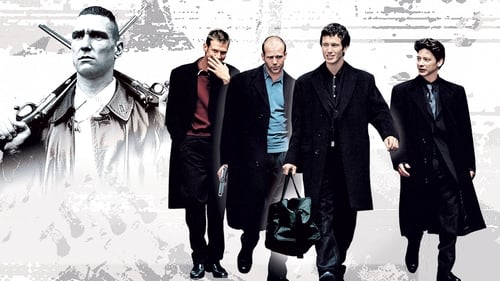
A card shark and his unwillingly-enlisted friends need to make a lot of cash quick after losing a sketchy poker match. To do this they decide to pull a heist on a small-time gang who happen to be operating out of the flat next door.
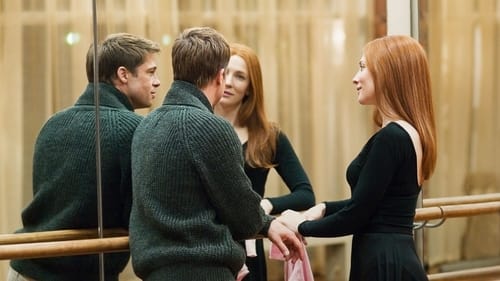
I was born under unusual circumstances. And so begins The Curious Case of Benjamin Button, adapted from the 1920s story by F. Scott Fitzgerald about a man who is born in his eighties and ages backwards: a man, like any of us, who is unable to stop time. We follow his story, set in New Orleans, from the end of World War I in 1918 into the 21st century, following his journey that is as unusual as any man's life can be. Benjamin Button, is a grand tale of a not-so-ordinary man and the people and places he discovers along the way, the loves he finds, the joys of life and the sadness of death, and what lasts beyond time.
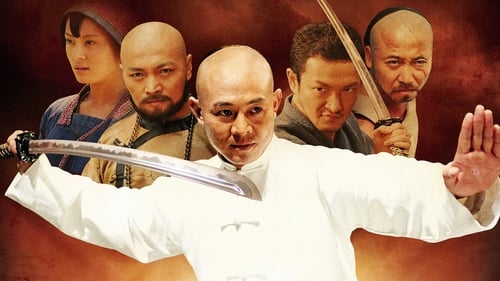
Huo Yuan Jia became the most famous martial arts fighter in all of China at the turn of the 20th Century. Huo faced personal tragedy but ultimately fought his way out of darkness, defining the true spirit of martial arts and also inspiring his nation. The son of a great fighter who didn't wish for his child to follow in his footsteps, Huo resolves to teach himself how to fight - and win.

Two couples disintegrate when they begin destructive adulterous affairs with each other.

Welcome to the world of a national obsession and a place where people say 'orf' instead of 'off'. Tea connoisseurs will benefit from the six golden tips for making the perfect cuppa, as well as countless other handy hints (never store your tea next to cheese, for example). There's an assessment of the pros and cons of various teapots and words of wisdom about the tea bush itself. Slightly grotesque methods for producing tea en masse are demonstrated - it was wartime, after all - and tea had to be produced by the oceanful. As such, there are some top tips for cleaning that hard-to-reach tap in your tea urn. Remember: "a dirty tap means dirty tea".

On a quiet afternoon an elderly woman prepares some afternoon tea for her and her husband. This short film was made on a single Super-8 cartridge, edited in camera, shot in sequence with only one take per shot. This was originally made for an Los Angeles film event called: "Attack of the 50 Foot Reels".

The original Living Photograph on YouTube. Starring Chris, a teacup, a red lamp and a tasteful, yet mildly uninspired window treatment.

Adventurer and journalist Simon Reeve heads to Kenya and Uganda to uncover the stories behind Britain's favourite drink, meeting the people who pick, pack and transport tea.

Director Scheffer registered a performance of the Tea Opera by Chinese composer Tan Dun (who won an Oscar in 2001 with his score for Crouching Tiger, Hidden Dragon). Scheffer interlaces the images with interviews with Dun, stage director Pierre Audi and librettist Xu Ying, about the opera and the role tea and oriental philosophy play in this work. Using monochrome, sometimes abstract images (in yellow, blue, red and green), close-ups of plants and flowers and images of the Chinese nature and people (sometimes accelerated or decelerated, sometimes in black-and-white), he mirrors the stylised opera performance and Dun's reflective music.
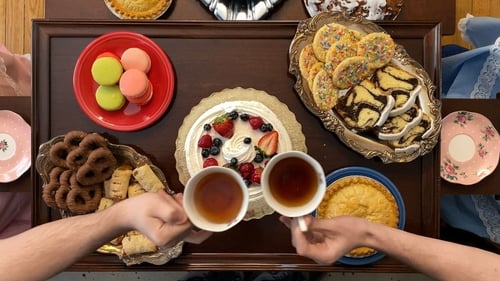
Two friends share a light-hearted conversation over tea until the exchange takes a bizarre turn.
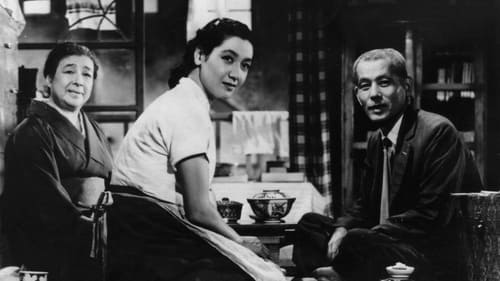
The elderly Shukishi and his wife, Tomi, take the long journey from their small seaside village to visit their adult children in Tokyo. Their elder son, Koichi, a doctor, and their daughter, Shige, a hairdresser, don't have much time to spend with their aged parents, and so it falls to Noriko, the widow of their younger son who was killed in the war, to keep her in-laws company.
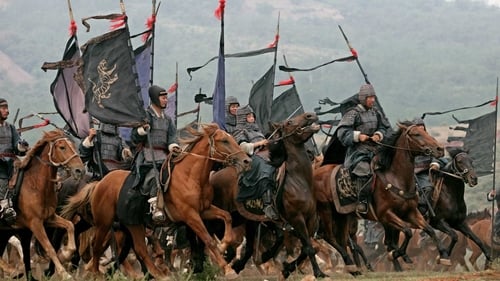
The battle of Red Cliff continues and the alliance between Xu and East Wu is fracturing. With Cao Cao's massive forces on their doorstep, will the kingdoms of Xu and East Wu survive?
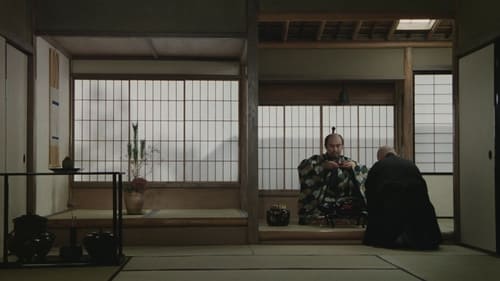
Late in the 1500s, an aging tea master teaches the way of tea to a headstrong Shogun. Through force of will and courageous fighting, Hideyoshi becomes Japan’s most powerful warlord, unifying the country.
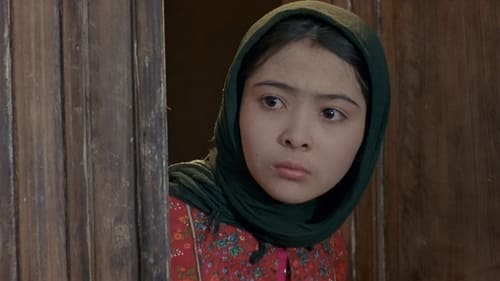
In a building site in present-day Tehran, Lateef, a 17-year-old Turkish worker is irresistibly drawn to Rahmat, a young Afghan worker. The revelation of Rahmat's secret changes both their lives.
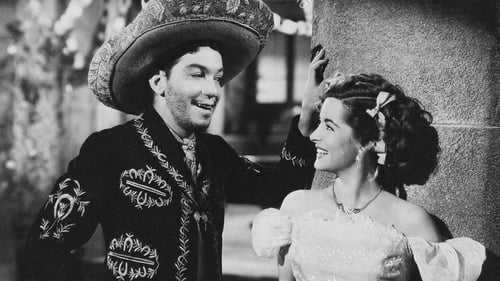
Rosario, the niece of the rancher, returns to the ranch after ten years of absence. She takes in Margarito, a worker at the ranch, who is immediately smitten by her. Rosario is rescued from a runaway horse by the Seven Men, an outlaw a la Robin Hood that steals from the rich and gives to the poor. He also happens to be the twin brother of Margarito, unbeknownst to him. The confusion between Margarito and the Seven Men generates great comical situations in the film.
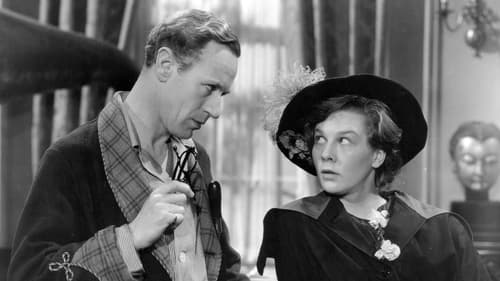
When linguistics professor Henry Higgins boasts that he can pass off Cockney flower girl Eliza Doolittle as a princess with only six months' training, Colonel George Pickering takes him up on the bet. Eliza moves into Higgins's home and begins her rigorous training after the professor comes to a financial agreement with her dustman father, Alfred. But the plucky young woman is not the only one undergoing a transformation.

Sen no Rikyu (Ebizo Ichikawa) is the son of a fish shop owner. Sen no Rikyu then studies tea and eventually becomes one of the primary influences upon the Japanese tea ceremony. With his elegant esthetics, Sen no Rikyu is favored by the most powerful man in Japan Toyotomi Hideyoshi (Nao Omori) and becomes one of his closest advisors. Due to conflicts, Toyotomi Hideyoshi then orders Sen no Rikyu to commit seppuku (suicide). Director Mitsutoshi Tanaka's adaptation of Kenichi Yamamoto's award-winning novel of the same name received the Best Artistic Contribution Award at the 37th Montréal World Film Festival, the Best Director Award at the 2014 Osaka Cinema Festival, the 30th Fumiko Yamaji Cultural Award and the 37th Japan Academy Film Prize in nine categories, including Best Art Direction, Excellent Film and Excellent Actor.

During the 1990s, David Lee Hoffman searched throughout China for the finest teas. He's a California importer who, as a youth, lived in Asia for years and took tea with the Dali Lama. Hoffman's mission is to find and bring to the U.S. the best hand picked and hand processed tea. This search takes him directly to farms and engages him with Chinese scientists, business people, and government officials: Hoffman wants tea grown organically without a factory, high-yield mentality. By 2004, Hoffman has seen success: there are farmer's collectives selling tea, ways to export "boutique tea" from China, and a growing Chinese appreciation for organic farming's best friend, the earthworm.

A descendant of an ancient tea tribe heads to Taiwan to look for the legendary black tea to break the curse of a tribal rivalry. Meanwhile, in an "underground tea market" somewhere in Taiwan that sells rare expensive tea from around the world, tribe members have other motives up their sleeves regarding the black tea legacy. Each for their own cause, rival tribal members become tangled up in a web of love and hate.

This piece takes 8 seconds, and creates intervals between the frames, and then makes them bigger. It's about expansion and enlargement, not the passage of time. 8 seconds becomes that much more luxuriant.
